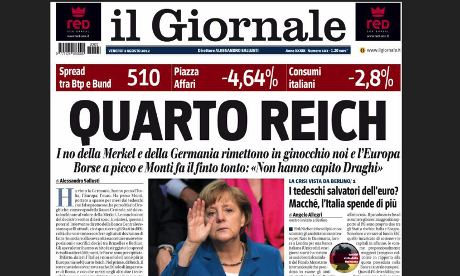 Auditors have identified a black hole in European Union budgets that could lead to extra demands for cash from the British taxpayer of up to £34billion over the next six years.
Auditors have identified a black hole in European Union budgets that could lead to extra demands for cash from the British taxpayer of up to £34billion over the next six years.
David Cameron will be legally obliged to make up a share of a shortfall of £259billion by 2020 with liabilities for the Treasury estimated at £33.7bn, calculated at the usual rate of Britain’s EU contributions. The hole in EU spending has been identified by the European Court of Auditors and represents a political disaster for the Prime Minister who has made after repeated pledges to bring down the amount Britain pays into Brussels budgets. In a special report earlier this week, EU auditors identified the sum in outstanding bills for legally binding spending commitments made by the European Commission over the last four years. “Assuming that commitments will not be de-committed, and we don’t see how most of them could, it might be problematic to get this money from member states to finance the expenditure foreseen,” Igor Ludborzs, an EU auditor, told the Euractiv website. The shortfall is known in Brussels jargon as “reste à liquider”, or “outstanding amount” and, while Britain has a veto on going above the maximum payment cap, national contributions are still expected to reach record highs. Hitting the ceiling would push British EU contributions to above £13billion a year over the next six years, higher that the previous record high £11.3bn paid into Brussels coffers last year.
“If the EU spends right up to the payment ceiling, as now seems to be likely, that means that national contributions will go up,” said an official. Implicitly conceding that contributions could increase, British officials said that the “bottom line” would be ensuring that spending did not go above the payment ceiling, negotiated at a historically low level by Mr Cameron last year. “We’re making sure that the EU sticks to the budget limit that the Prime Minister successfully negotiated last year, and which is crucial to controlling the cost of the EU to Britain,” said a diplomat. “The figure from the European Court of Auditors does not affect the ceiling in the current long term EU budget.”


















